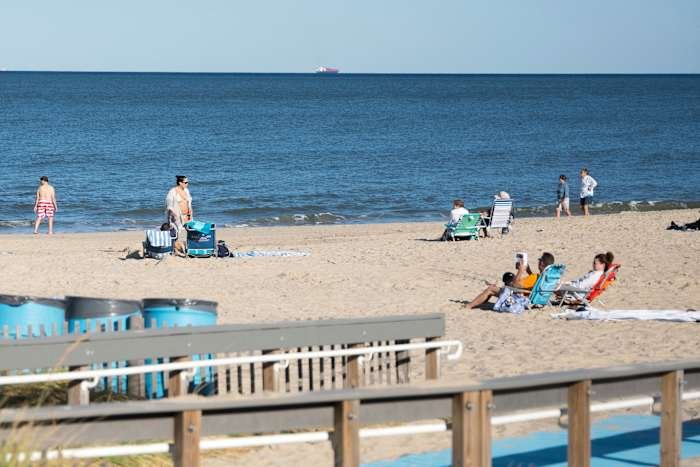Palm Bay officials have once again suspended the city’s school zone speed camera program, announcing that the cameras will remain off for the rest of the 2023-2024 school year. Citing community concerns and a failure to meet the city’s standards, the decision is part of an ongoing debate about the role of automated enforcement in school safety. For Central Floridians, including those in neighboring Orlando, the suspension raises questions about traffic safety and the future of similar programs across the region.
Why Did Palm Bay Suspend Its Speed Camera Program?
The city of Palm Bay, located southeast of Orlando, first introduced school zone speed cameras in hopes of reducing speeding and improving child safety near schools. However, city officials have recently stated that the program has not met the expectations set for any initiative in their community. Concerns have poured in from residents, parents, and advocacy groups about the cameras’ effectiveness, fairness, and the process by which violations were issued.
According to Palm Bay’s mayor, the cameras were “not meeting the standards for any program implemented in our community,” leading to the decision to suspend their operation through the end of the school year. This isn’t the first pause for the system; earlier suspensions occurred following technical issues and public backlash. The city says it will take the coming months to review the program, assess its impact, and consider alternatives for protecting students in school zones.
Community Concerns: Fairness and Effectiveness
One of the main reasons behind the suspension is the outcry from Palm Bay residents. Many questioned if the cameras were truly making school zones safer or if they were simply generating revenue through automated tickets. Some drivers reported receiving tickets they believed were issued in error, while others worried about the lack of human oversight in the system.
Parents in Palm Bay and nearby Orlando have voiced their concerns, too. While everyone agrees that school zone safety is critical, some feel that cameras may not address the real issues—like distracted driving or insufficient signage. Community forums and social media discussions have highlighted the need for a more transparent, data-driven approach to traffic safety around schools.
Impact on Orlando and Central Florida
Though the cameras are located in Palm Bay, the effects of their suspension are felt throughout Central Florida. Orlando, with its own share of school zones and traffic challenges, has looked to neighboring cities as case studies for potential safety technology. The debate in Palm Bay could influence whether Orlando officials pursue similar automated enforcement programs or double down on traditional methods like crossing guards and police patrols.
Some Orlando residents commute through Brevard County, passing through Palm Bay school zones. The temporary halt of speed cameras may change driving behaviors, but it also raises the question of how best to maintain safety without automated enforcement. Meanwhile, local advocacy groups are urging Orlando’s City Council to monitor Palm Bay’s review process before making any decisions about future speed camera installations.
What’s Next for School Zone Safety?
With the cameras suspended, Palm Bay is expected to revisit the issue over the summer, gathering more input from residents and studying the actual impact of the program. City leaders have pledged to increase police presence in school zones and invest in alternative traffic calming measures, such as improved signage and road design changes.
For Orlando, the situation serves as a reminder that safety solutions must be tailored to each community’s needs. Local officials are watching closely, considering everything from technology-based enforcement to increased public education campaigns. The incident in Palm Bay could serve as a blueprint for Orlando leaders when balancing public safety with residents’ concerns about privacy, fairness, and effectiveness.
How Can Residents Get Involved?
Both Palm Bay and Orlando encourage residents to take part in the conversation about school zone safety. Public meetings, city council hearings, and online surveys are some of the ways community members can share their views and suggest solutions. By staying engaged, Orlando residents can help ensure that any future safety programs reflect the community’s true priorities and values.
As the debate continues, it’s clear that the ultimate goal is the same: keeping children safe on their way to and from school. The question is how best to achieve that goal—whether through technology, education, or a combination of approaches.
Conclusion
Palm Bay’s decision to suspend its school zone speed cameras adds a new chapter to the evolving story of traffic safety in Central Florida. As Orlando and neighboring cities consider their own strategies, the lessons learned from Palm Bay’s experience will be invaluable. Are automated cameras the answer, or do communities need a different approach? We want to hear your thoughts: Should Orlando consider rethinking its school zone safety measures in light of Palm Bay’s experience? Leave a comment below and join the conversation!
















